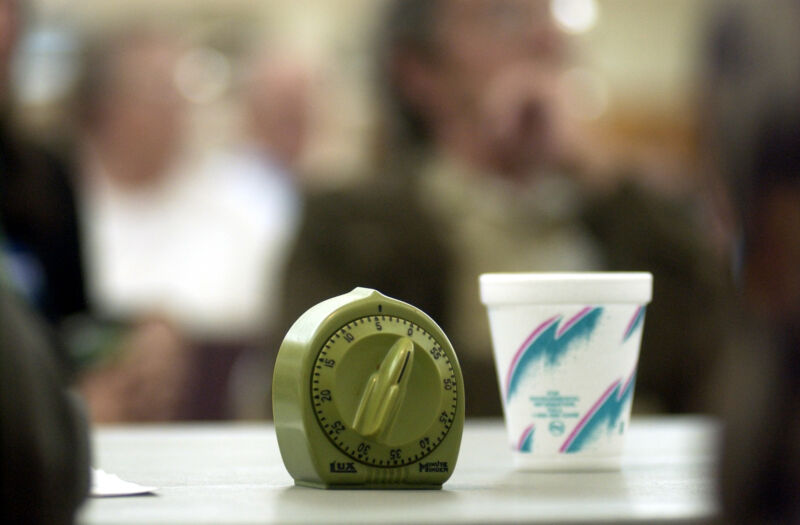-
chevron_right
UK cottage cheese sales boom as social media craze drives demand
news.movim.eu / TheGuardian · 16:27 · 1 minute
Influencers’ inventive recipes for high-protein dairy product have boosted trade by 40% for one producer
If you peered into a UK fridge in the late 1970s, it is more than likely you would have found a pot of cottage cheese tucked between the prawn cocktail and sherry trifle.
A popular “diet food” at the time, demand waned in subsequent decades as the high-protein, low-fat wonder food fell out of fashion. But 50 years on from its heyday, cottage cheese is making a comeback in the UK, and has become an unlikely hit with health-conscious Gen Z.
Driven by a wave of social media influencers sharing inventive recipes for the dairy product, which is made from milk curds, UK retailers are reporting significant increases in sales, while producers are struggling to keep up with demand.
“It’s come from absolutely nowhere,” said Robert Graham, managing director of Graham’s Family Dairy. “Since May of last year, when there was a TikTok craze that went on, cottage cheese sales for us are up 40%.”
The company said the growth in production, the equivalent of an extra 2m kilograms a year, means it is looking at ways to increase output, including an initial growth plan to invest £5m to bolster its production facilities.
“We are considering new factories because cottage cheese production is almost full,” said Graham, whose company supplies big retailers such as Co-op, Morrisons and Aldi.
Dairy company Arla is also benefiting from the cottage cheese rush, reporting a double-digit increase in sales in the last three months, while Marks & Spencer experienced a 30% increase compared with last year, and Waitrose reported a 22% year-on-year rise.
Continue reading...


